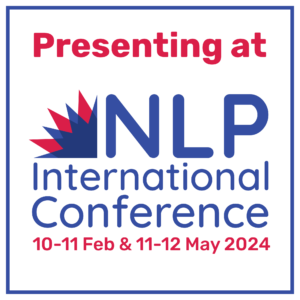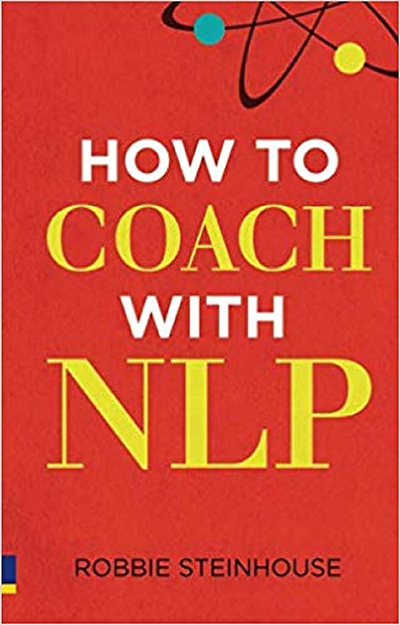How to Use Transactional Analysis to Solve Boundary Issues
I will be covering some core material from Transactional Analysis in my course How to Coach with NLP, TA & Mindfulness next month.

Transactional Analysis drivers
One useful aspect of this material is the Transactional Analysis concept of ‘drivers’. These are very powerful, deeply ingrained subconscious motivations that are picked up in early childhood. TA theorists believe there are five of these:
- ‘Hurry Up’
- ‘Please People’
- ‘Be Strong’
- ‘Be Different’
- ‘Be Perfect’
The problem with the ‘Please People’ driver
When someone’s main driver is ‘Please People’, they often regard it as an admirable quality.
At one level this is true: a vision based on being of service to others can provide a powerful and positive motivation. However, the ‘Please People’ driver can often be traced back to a desperate unconscious need for approval (love) from parental figures. It is a compulsion, not an authentic, adult choice.
People with this driver can find themselves gradually giving ever more and more of their effort and time in an attempt to satisfy other people’s needs (actual and assumed).
As this is impossible, the pressure builds; the ‘Please People’ driver locks people into a series of double binds (damned if you do and damned if you don’t): in order to satisfy one person, they need to disappoint another.
When a person combines ‘Please People’ with ‘Be Perfect’, the pressure multiplies. Now, not only is their ‘plate full’ but they now believe that whatever they do is not good enough.
When further combined with a ‘Be Strong’ sense of denial, the pressure mounts even further. And combine this with a ‘Hurry Up’ creates a frantic need to please people instantly…Some unscrupulous managers look to exploit these drivers, hoping to get short-term high performance. However, this is short lived.
The irrational pressure from these harsh, deep ‘drivers’ will lead the person to eventually ‘burn out.
How to coach someone with a ‘Please People’ driver
When coaching someone who has a ‘Please People’ driver, it can be useful to simply teach them the driver model. Explain each type and ask which they consider is a core influence on their behaviour. Once this is done, explain how the idea of win/win is a sustainable, useful evolution of ‘Please People’.
In the modern world, relationships need to be structured so people find ways of working together and agreeing outcomes and responsibilities that are both reasonable and sustainable.
When there is a lack of reciprocal behaviour from the people that the client is ‘pleasing’, the coach can help them develop strategies for putting up boundaries and finding ways to say ‘no’.
The key point of all of these TA drivers is that although they are common, none of them are ultimately desirable.
People don’t want to be unconsciously ‘driven’ by ancient impulses that might once have seemed necessary to survival (though probably never actually were); they want to be adult, authentic and flexible.
As coaches, our job is to help them make this transition.
Did you like this post?
Then check out our events and courses!
Where to find us
For posts, events, free open days and more, follow NLP School on:
What to read next
How Transactional Analysis Can Help You With Lockdown Guilt
How to Understand Relationship Games Using Transactional Analysis









